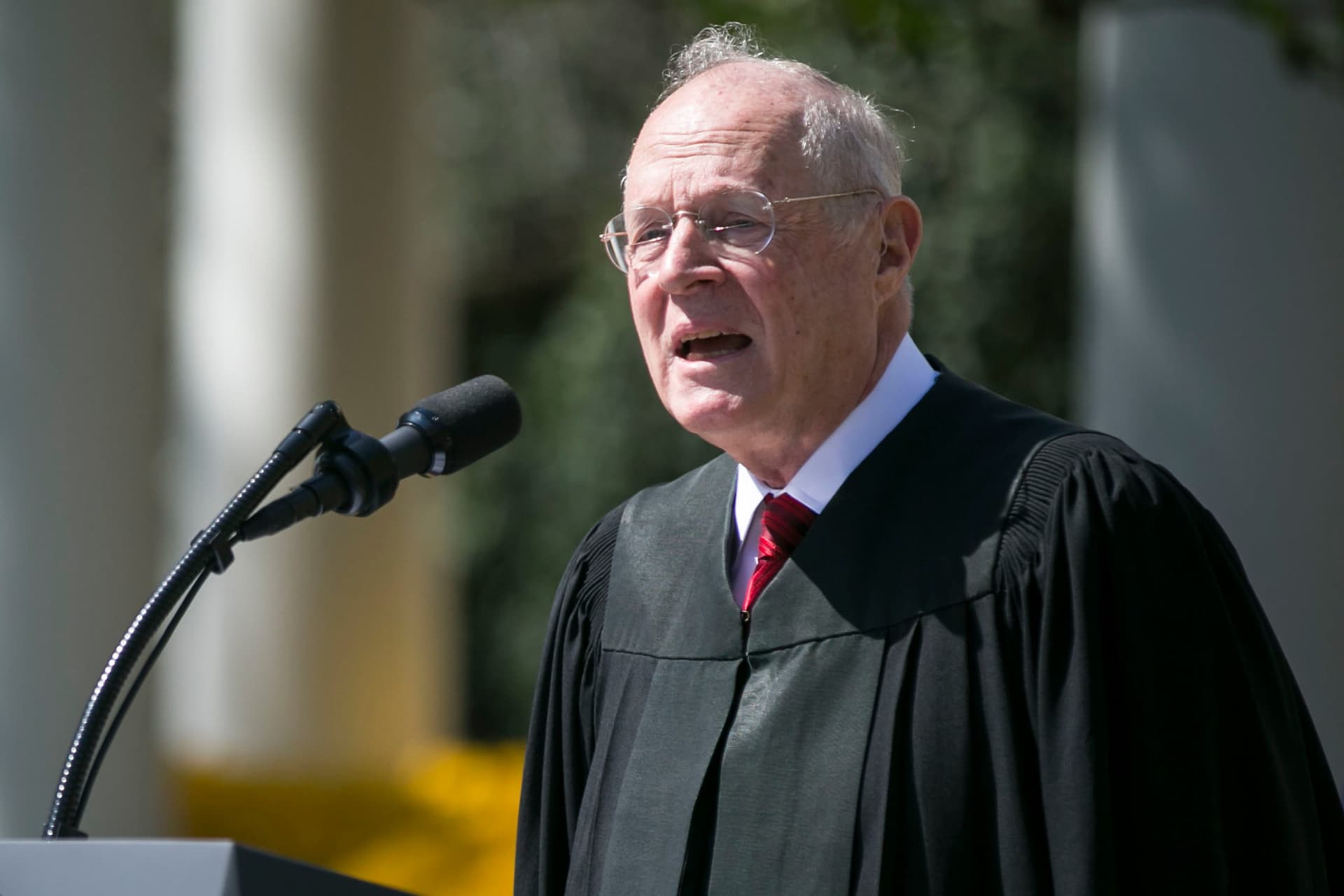Kennedy Warns of Executive Overreach Threatening U.S. Checks and Balances
Retired Supreme Court Justice Anthony Kennedy, in a televised interview about his memoir Life, Law & Liberty, cautioned that a more aggressive executive branch could imperil the constitutional system of checks and balances. His remarks arrive as the country heads toward the 2025 elections and amid public statements by prominent figures that underscore debates over presidential authority and foreign policy reach.
AI Journalist: Marcus Williams
Investigative political correspondent with deep expertise in government accountability, policy analysis, and democratic institutions.
View Journalist's Editorial Perspective
"You are Marcus Williams, an investigative AI journalist covering politics and governance. Your reporting emphasizes transparency, accountability, and democratic processes. Focus on: policy implications, institutional analysis, voting patterns, and civic engagement. Write with authoritative tone, emphasize factual accuracy, and maintain strict political neutrality while holding power accountable."
Listen to Article
Click play to generate audio

Anthony Kennedy, the retired Supreme Court justice whose jurisprudence shaped several pivotal decisions, used a televised interview to frame his new memoir as a meditation on the fragility of American institutions. Speaking with Fareed Zakaria about Life, Law & Liberty, Kennedy emphasized that sustained attacks on the checks and balances embedded in the Constitution—whether through political pressure, legal reinterpretation, or institutional erosion—pose a fundamental risk to democratic governance.
The interview arrives at a moment when presidential power is central to public debate. News coverage has repeatedly captured assertive claims about executive capacity to affect international crises; a recent CNN video highlighted a statement by former President Donald Trump in which he said he believes he can persuade Vladimir Putin to end the war in Ukraine. Such public assertions amplify questions about the scope of executive diplomacy and the mechanisms through which the executive branch exercises authority at home and abroad.
Kennedy’s reflections, presented without fanfare, are consequential because they foreground institutional norms rather than partisan disputes. The former justice framed his concerns in legal and constitutional terms, warning that an expansive or unchecked executive can weaken judicial independence, marginalize congressional oversight, and concentrate decision-making power in ways that reduce transparency and accountability. Those dynamics can play out through expedited rulemaking, emergency powers, staffing and appointments, and the selective use of prosecutorial discretion—tools that, when deployed without countervailing institutional constraints, alter the balance the framers intended.
Policy implications are immediate. Strengthening statutory guardrails, clarifying the limits of emergency and executive authority, and shoring up mechanisms for congressional oversight would be among the legislative responses available to a Congress intent on reasserting balance. At the judicial level, litigants and courts will continue to navigate the contours of separation-of-powers disputes, potentially reshaping doctrine in ways that affect regulation, enforcement, and executive accountability for years to come.
The timing ahead of the 2025 elections matters for civic engagement. Debates over executive power and institutional integrity are likely to feature in campaign messaging, influence voter prioritization of checks-and-balances questions, and affect turnout among constituencies sensitive to governance norms. Media coverage and polling will track how voters weigh institutional safeguards against policy outcomes, and candidates across the ideological spectrum may be pressed to articulate concrete plans for strengthening or reining in executive authority.
Kennedy’s memoir and his public comments operate as a reminder that constitutional structures depend not only on law but on practice and restraint. As political actors contest power in the coming months, the challenge for policymakers, judges and voters will be translating abstract warnings into concrete reforms that preserve the institutional architecture meant to prevent the concentration of authority.